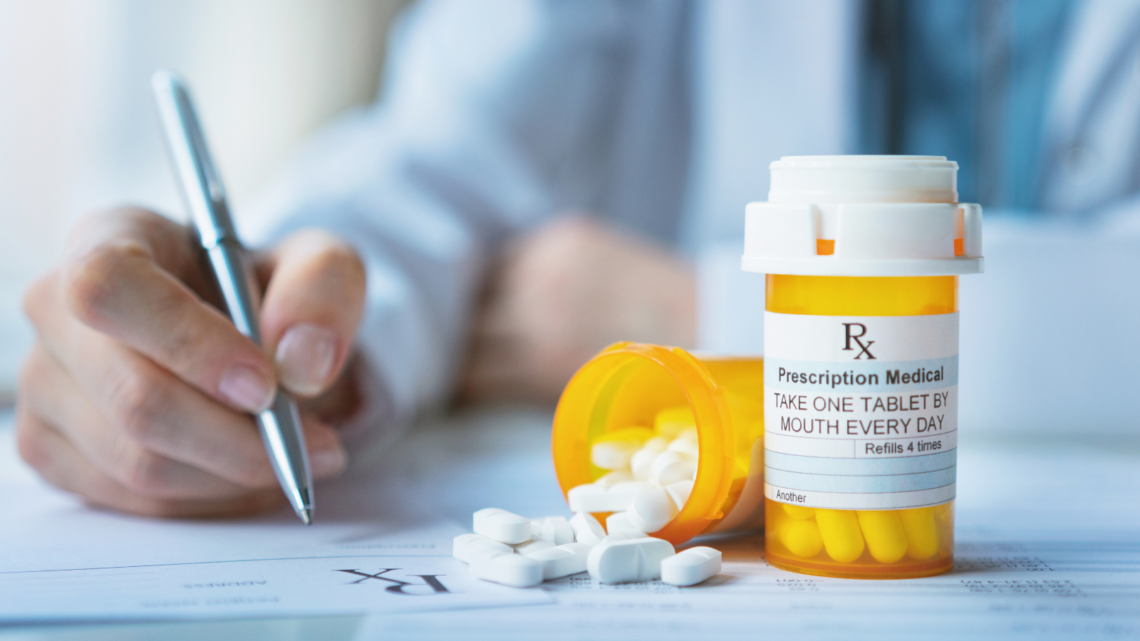
Medication Safety
The importance of understanding and adhering to medication safety protocols cannot be overstated, regardless of whether you take regular prescription medications or only need the occasional over-the-counter drug. These safety measures are fundamental yet vital, for the more informed you are about each medication you take, the better equipped you will be to manage your health effectively. Although most prescribed medications come with a detailed patient information sheet, it is not uncommon to have lingering questions about their proper usage. You might wonder about the correct way to take the medication, how frequently it should be administered, or if there are any unusual side effects you need to monitor. While you can certainly conduct a Google search to find answers to many of these questions, there is always the risk of running into information that is incorrect; therefore, it is preferable for patients to seek clarification directly from their prescribing physician or pharmacist. These healthcare professionals can provide personalized and accurate information that is crucial for safe medication use.
When it comes to taking medications, following the prescribed instructions precisely is of utmost importance unless your physician explicitly advises otherwise. For instance, if you have been prescribed a seven-day course of antibiotics, it is essential to complete the entire regimen, even if you begin to feel better before finishing the medication. Discontinuing the course prematurely or not taking the correct dosage can lead to a range of problems, including the recurrence of infections and the development of antibiotic resistance, which is a significant public health concern.
Before starting any new medication, it is crucial to inform your pharmacy of any other medications you are currently taking. This step is vital because certain prescription drugs can interact with one another, and some interactions can be dangerous, if not potentially fatal. Your pharmacist plays a key role in identifying possible drug interactions and can advise you accordingly. Should there be any conflicts between the medications you are prescribed and those you are already taking, a pharmacist can recommend safe and alternative medications for your doctor to consider prescribing.
It should be evident, but nonetheless, it bears repeating: never take a medication that has not been prescribed or specifically recommended to you by your physician. We often hear cautionary tales of individuals inadvertently taking drugs that are entirely different from what they believed they were consuming. For example, some medications might be contaminated with substances like Fentanyl, a potent synthetic opioid, which can be lethal even in minuscule amounts. Additionally, you might encounter medications that are expired or ones to which you have severe allergies. These scenarios underscore the necessity of obtaining medications only from trusted healthcare providers.
Moreover, it is imperative to store medications securely out of reach of children and pets. Both infants and animals are naturally curious and can easily crawl or climb to access areas where medications might be stored. To prevent accidental ingestion, medications should be kept in a hard-to-reach location or a locked cabinet. According to the Centers for Disease Control and Prevention (CDC), over 60,000 children are hospitalized annually due to accessing medications that were not adequately stored. If you suspect that your child has ingested any medication, it is critical to take them to the nearest emergency room immediately. For further guidance, you can contact the British Columbia Drug and Poison Information Centre (BC DPIC) at 604-682-5050 or toll-free at 1-800-567-8911. They provide a wealth of information, including a comprehensive list of prevention tips available on their website, which details proper medication storage techniques and actions to take in the event of an overdose or poisoning.
In addition to these precautions, many pharmacies participate in the BC Medications Return Program, established in 1996, which enables patients to return any unused or leftover medications. This program facilitates the safe disposal of medications and sharps, such as needles and syringes, thus preventing potential misuse and environmental harm. Participating in this program not only enhances community safety but also supports responsible medication management and environmental stewardship.

